As a writer gearing up to launch your book, you always need help deciding whether to self-publish or take the traditional route.
Many writers initially dream of securing a traditional publishing deal, a path that historically led to author success.
However, things have changed due to the disruption caused by self-publishing and the surge of eBooks.
Continue reading to uncover the reality behind these book publishing paths, and you’ll soon realize that the truth differs from what many might envision.
So, which is better – self-book publishing or traditional? Let’s delve into the details.
By comparing self-publishing with traditional publishing, you can make an informed decision for your book.
What’s The Difference Between Self-Publishing and Traditional Publishing?
Are you wondering about the gap between self-publishing and traditional publishing?
Well, here’s what you need to know, and it boils down to one crucial factor:
If you, as the author, hold the rights and royalties, congrats, you’ve self-published.
On the flip side, if the publishing company calls the shots on rights and royalties, you’re on the route of traditional publishing.
And that’s the crux of it.
Everything else you hear is just commentary circling this one fundamental distinction.
So, next time, you ponder which is better, self-book publishing or traditional. Remember, it all hinges on whom you want to claim those rights and royalties.
Let’s find out which way is better for whom.
Who Should Opt for Self-Publishing and Who Should Go for Traditional Publishing?
If you want to be more transparent about what you should hop on the wagon, here’s a breakdown of who you should consider which way:
If you’re a big shot, like,
And traditional publisher waves like a $500k+ advance at you, then go for it, grab it without a second thought.
You’re in the minority that should almost certainly go traditional.
If your traditional deal offers less than $500k, it gets tricky.
That’s likely to be the 2% category, and it’s a more nuanced decision covered here.
On the flip side, for the rest of us:
Why self-publish? Simple.
Without a hefty advance from a major publisher, the perks of self-publishing far outweigh any downsides.
If you’re not in the celebrity-CEO-writer elite, self-publishing is likely your winning play.
Keep reading if we’re likely to make it easier for you to decide which is better- self-book publishing or traditional.
Benefits Of Traditional Publishing and Self-Publishing:
Benefits Of Traditional Publishing |
Benefits Of Self Publishing |
| Financial Ease: Traditional publishers often cover production costs, alleviating financial burden on authors. | Speedy Publishing: Self-publishing allows authors to release their work quickly without lengthy submission processes. |
| Bypassing Gatekeepers: Authors can bypass the traditional publishing gatekeepers like agents and editors. | Prestigious Awards: Self-published authors can still qualify for prestigious literary awards, gaining recognition for their work. |
| Mainstream Exposure: Traditional publishers have connections to mainstream media and bookstores, enhancing exposure. | Royalties: Authors retain a larger portion of their book sales revenue compared to traditional publishing contracts. |
Benefits Of Self-Publishing
Let’s first dive into the perks of being a self-published author – it’s like having the keys to the production kingdom.
1. Bypassing Gatekeepers:
Traditional publishing involves jumping through hoops – finding an agent, convincing a publisher through them, and competing with a sea of other dreamers. Self-publishing? No hoops. No one can say “no.”
2. Speedy Publishing:
With traditional publishing, you’re in for a waiting game. Teams of pros handling your book sounds great, but it means loads of emails and a wait of over a year before you see your work in print.
Self-publishing cuts the red tape. Your timeline depends on you and the professionals you hire.
Simple communication,
Efficient progress,
And the sooner you’re done, the sooner you publish.
3. Royalties:
Traditional publishers offer 5-20% of your book’s sale price after deducting the advance.
Self-published authors? Grab 50-70% royalties.
You do more work and will be paid more – fair and square.
4. Rights Ownership:
When a big publisher buys your manuscript, they snag a bunch of rights,
First to publish,
Other formats,
Foreign rights, you name it.
Self-publish your work, and these rights stay yours.
You can sell them later and earn more from your hard work.
5. Creative Control:
Traditional publishing means juggling opinions from various pros. You might get little say on technical stuff like the cover or marketing.
Self-publishing puts you in the driver’s seat.
Work with experts,
Listen to expert’s feedback,
And lastly, your vision gets realized – from content to cover.
Benefits of Traditional Publishing
Now, let’s flip the coin and check out the perks of traditional publishing.
1. Financial Ease:
Traditional publishing takes care of the financial nitty-gritty—no need to pay for editing, designing, or marketing. The publisher handles it, and they pay you in advance.
If someone asks you to pay, beware – probably a vanity press.
2. Mainstream Exposure:
Traditional publishing can shine a bigger spotlight, thanks to budget and connections. It’s effective for a broader audience.
Targeted marketing can be as powerful as mainstream exposure if you’re in a niche.
3. Prestigious Awards:
Big awards often elude self-published works. Traditional publishing opens the door to these prestigious accolades.
However, there are noteworthy indie prizes and platforms like Amazon’s Best Seller list that carry weight with readers.
When it comes down to it, the choice depends on what matters most for your book and your goals.
Let’s now check out what the stats say.
Stats Backing up Self-Publishing:
Let’s dive into some facts about self-publishing, and the numbers speak volumes:
1. Stats telling Market Growth:
The global publishing market is chugging along at 1% growth per year.
In contrast, the self-publishing market is sprinting with a whopping 17% annual growth rate.
2. E-book Market:
About 30-34% of all eBooks hitting the digital shelves are proudly self-published.
3. Stats about Book Sales:
A staggering 300 million self-published books find happy readers each year.
These books collectively rake in a cool $1.25 billion in sales annually.
4. Self-publishing platform’s Impact:
Amazon, a self-publishing powerhouse, pays independent authors an impressive $520 million in royalties yearly.
5. About the Success Stories:
Over 1,000 self-published authors hit the $100,000 mark in Amazon earnings last year.
Lastly,
Traditional publishing brought smiles to 1,200 authors, pocketing $25,000 or more each year.
And,
The self-publishing squad had an impressive 1,600 authors joining the $25,000+ club annually.
So, bookbiz is competitive whether you go the traditional book or indie route.
Nonetheless, when you nail it right, it’s not just about creating a memorable read for your audience but building a source of joy and passive income for authors.
When deciding on the most crucial part, i.e., which is better- self-book publishing or traditional? It would be best to consider both drawbacks so you can be more precise in your decision. We’ve gathered informative data on this topic for you.
Read below,
Drawbacks Of Both Traditional and Self-Publishing:
Breaking down the drawbacks of both traditional and self-publishing:
Cons for Traditional Publishing: |
Cons for Self-Publishing: |
| It’s All Out of Your Hands:While it’s a pro and a con, traditional publishing means relinquishing control over your book. The final look, pricing, and marketing are decisions mostly beyond your influence. | You Must Format the Book Entirely on Your Own: Self-publishing requires you to wear the writer and designer hats or hire professionals for formatting, editing, and cover design. |
| You Need to Hire a Literary Agent: Landing an agent is tough. They’re your gateway to publishers, but securing one comes with challenges and a 15% cut from your advance and royalties. | You Must Secure Distribution: Getting your book into bookstores and libraries is on you. It’s a challenging task that demands time and resilience in the face of rejection. |
| It Can Take a Long Time: Traditional publishing is a marathon, not a sprint. The process, from conception to publishing, often stretches over a year, if not more. | Competition and Lots of It: The low entry barrier for self-publishing means a flooded market. Standing out becomes a considerable challenge, requiring significant effort to grab readers’ attention. |
| Your Book Subject May Not Be in Demand: If your genre isn’t trendy, traditional publishers might not find you as appealing. Niche publishers may be an option, but the market could be smaller. | You Are Your Own Marketing Department: Your book’s success hinges on your marketing skills. Establishing an online presence, engaging on social media, and active participation in writing communities are vital. It’s a crash course in marketing your work. |
| You Get a Smaller Royalty: While everyone celebrates the advance, the actual percentage of royalties is lower in traditional publishing (around 10% for hardback, 8% for paperback) due to printing and distribution costs. | It’s Harder to Get Reviewed: Reviews are crucial, but self-published authors need to seek them out actively. Unlike traditional publishing, where it’s taken care of, you’re on your own. Seeking independent reviews through platforms like Kirkus Reviews or engaging with niche bloggers becomes essential. |
Examples Of Successful Self-Published Authors
Now that we’ve explored the advantages of self-publishing let’s draw inspiration from the success stories of remarkable self-published authors who carved their path to a successful journey:
1. Jasmine Patel
Jasmine Patel soared to success with her fantasy series, captivating readers with each installment. By self-publishing, she independently sold over a million copies, showcasing the vast potential for reaching a broad audience.
2. Ethan Clarke
Ethan Clarke‘s science fiction epic, “Beyond Horizons,” quickly gained popularity in self-publishing. His ability to engage readers set a standard for success among independent authors, proving that gripping storytelling knows no bounds.
3. Mia Rodriguez
Mia Rodriguez’s heartwarming novel, initially shared chapter by chapter on her blog, became a sensation when she chose self-publishing. The touching narrative resonated with readers, propelling Rodriguez into the spotlight.
4. Omar Khan
With his thrilling espionage series, Omar Khan carved a distinctive place in the self-publishing landscape. The intricate plots and compelling characters led to sales exceeding 4 million copies, establishing him as a force in independent genre fiction.
5. Serena Carter
Serena Carter’s gripping psychological thrillers, including “Shattered Trust” and “Vanishing Shadows,” exemplify self-publishing success. Her debut novel topped Amazon Kindle charts and paved the way for a series of bestselling titles.
6. Jordan Lewis
Jordan Lewis, recognized for his mystery series featuring detective Alex Turner, became a prominent figure in self-publishing. His books captured the attention of hundreds of thousands of readers independently, and Lewis is lauded for sharing valuable insights on the self-publishing business.
These authors stand as testaments to the immense potential and impact achievable through self-publishing.
Ask These Seven Questions to Yourself to Be Clearer About Choosing Your Path:
Ask yourself these seven questions yourself; answering these will make your route even more straightforward to know which is better, self-book publishing or the traditional route.
1. Do You Envision Your Book for a Broad Audience or a Specialized Niche?
Traditional publishing suits work with mass appeal. If your book is niche or deeply personal, self-publishing might align better with your goals.
2. How Much Influence Are You Willing to Share in the Publishing Process?
Collaboration is inherent in traditional publishing, bringing experienced professionals into the mix. Self-publishing offers full autonomy, letting every decision be yours.
Answer yourself: are you eager for collaboration or set on steering the ship solo?
3. Does the Validation of a Publisher Matter to You?
While names like Penguin Random House still carry prestige, consider if this matters. Gauge how much validation from a traditional publisher means compared to directly connecting with readers.
4. Is Having Your Book in Bookstores and Libraries a Priority?
Traditional publishers hold a distribution edge, ensuring your book’s presence in physical stores. If having a tangible presence is essential, traditional publishing could be a strong contender.
5. What's Your Comfort Level with Marketing and Self-Promotion?
Both paths demand marketing efforts. Traditional publishers offer some support, but with self-publishing, it’s a solo journey. Assess your marketing skills and willingness to champion your work.
6. Can You Invest Financial Resources in Your Book?
Traditional publishing is less cost-prohibitive, while self-publishing may involve editing, cover design, and more expenses. Consider your budget and readiness for potential costs.
7. How Patient Are You in Seeing Your Book Come to Life?
Traditional publishing takes time, from querying agents to book release. If patience isn’t your strongest suit and you desire quicker results, self-publishing provides almost instant availability.
Making The Final Decision:
After pondering these questions, if your path becomes more apparent, fantastic.
If not, dip your toes in the traditional publishing waters with queries and adapt based on responses.
Remember, the current era is more about getting flexibility, ensuring each book has its chance to find its readers.
If you’re thinking about publishing your book independently, don’t rush into it.
Consider taking a similar approach to traditional publishing.
If you plan for print an eBook, be meticulous about paper weight and color for print, and pay attention to details like font size and page layout for both formats.
Seek advice when needed.
Additionally, leverage social media and have a marketing plan ready before your book hits the shelves.
Conclusion:
After spilling all the information right in front of you and tapping into the details of both, as you scroll away, we like to add one more point so you can make a wise decision next time you ponder over which is better- self-book publishing or traditional?
Ultimately, the decision between traditional and self-publishing depends on your willingness to put in the effort to make your book successful, your skills beyond writing, your network, your target audience, and your reasons for publishing.

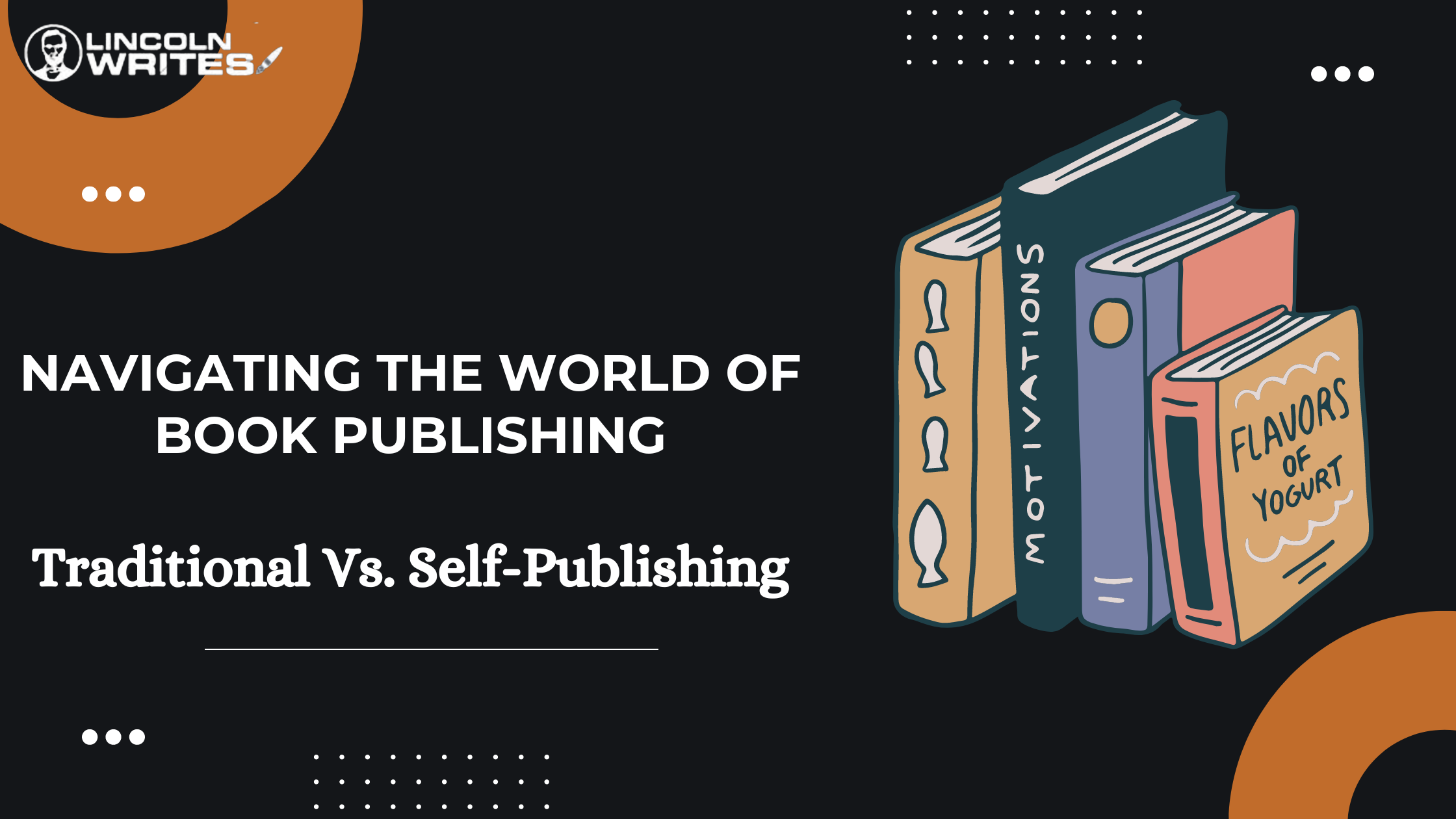
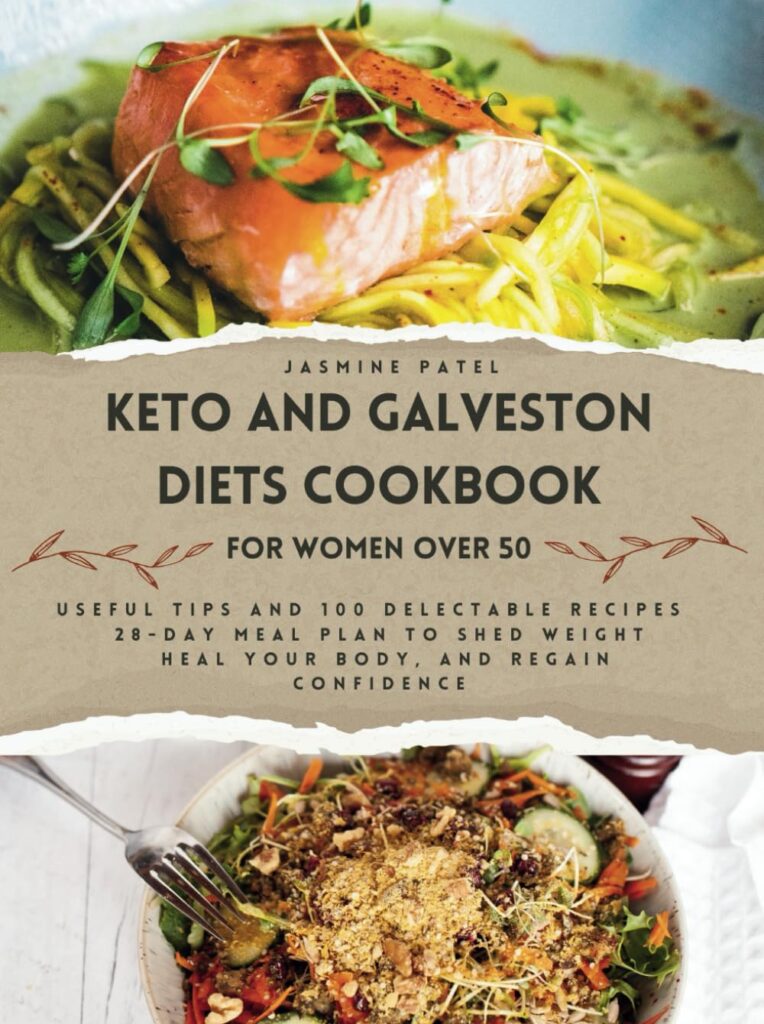

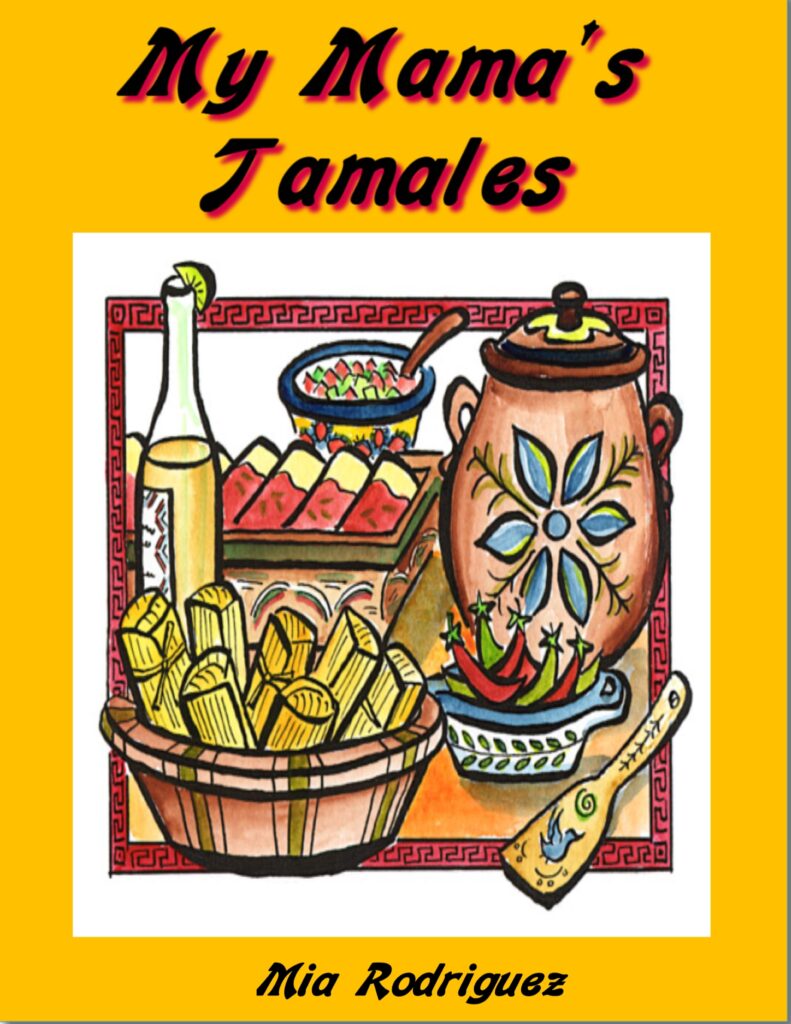
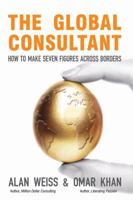
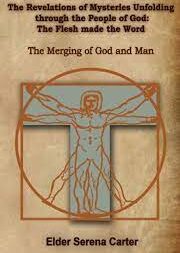
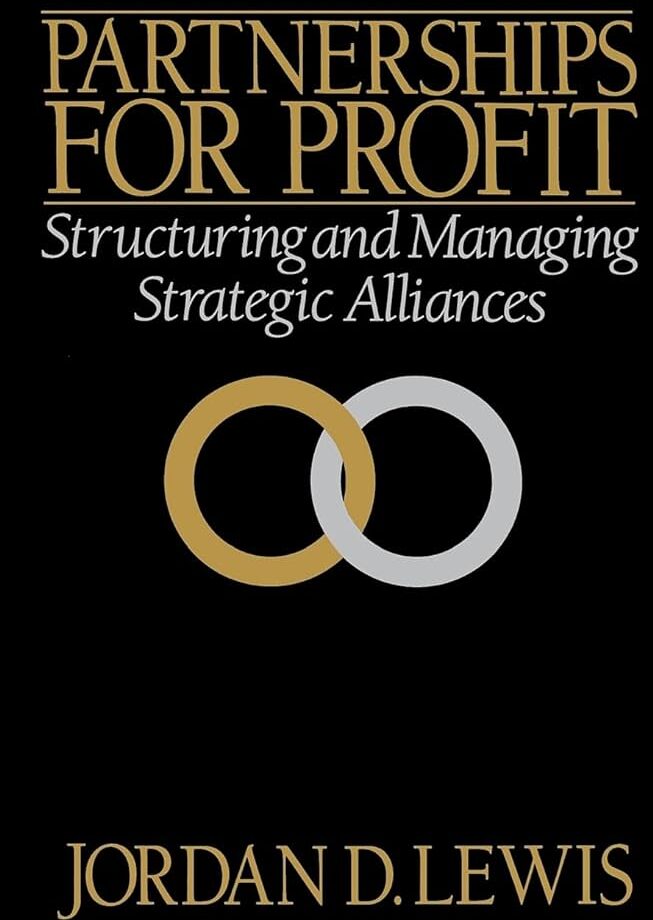
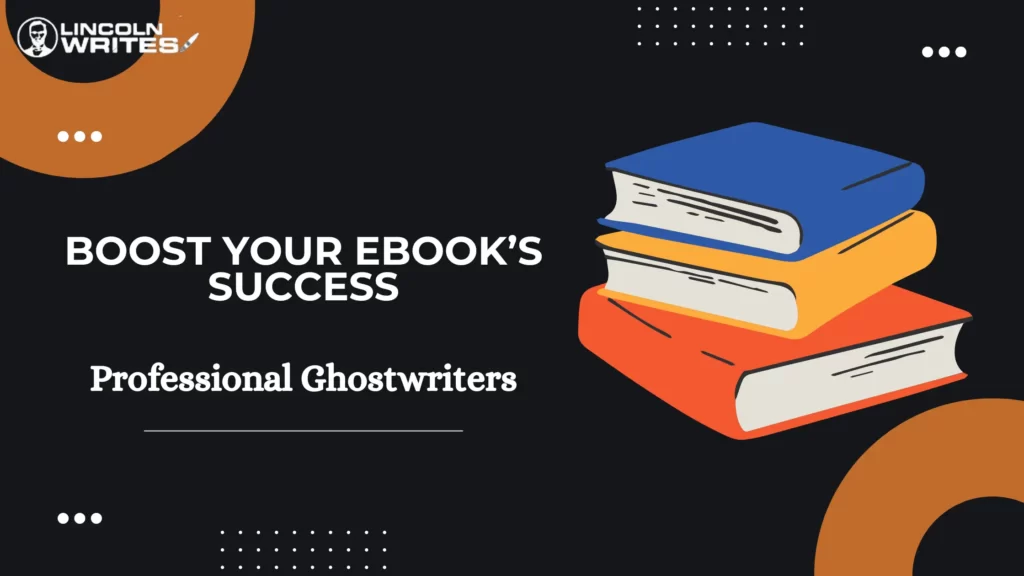
For the reason that the admin of this website is working, no doubt very quickly it will be famous,
due to its quality contents.
Also visit my page :: vpn coupon code 2024
It’s remarkable for me to have a web site, which is useful designed for my knowledge.
thanks admin
My web blog; vpn special coupon code 2024